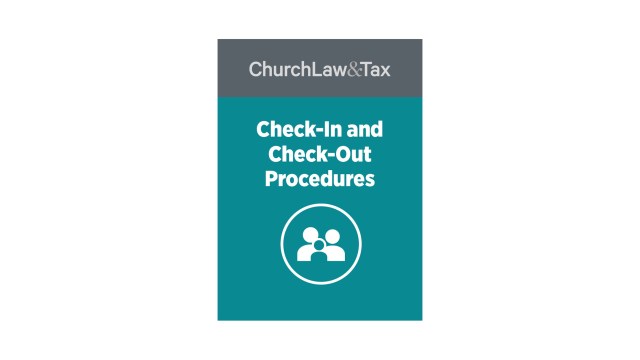• A Georgia appeals court dismissed a daughter’s lawsuit against a priest and Catholic diocese claiming that her father murdered her mother and then killed himself as a result of an adulterous affair between the mother and a priest. The daughter claimed that her mother had been seduced by the priest, and that her father shot and killed her mother and then shot himself after finding out about it. The daughter claimed that the diocese was responsible for her parent’s deaths on the basis of negligent hiring and retention of the priest. She insisted that if the diocese had adequately investigated the matter and “defrocked” the priest, the deaths would not have occurred. The priest denied any wrongdoing and insisted that “the only relationship between him and [the mother] was that of the usual relationship between a priest and his parishioner.” A trial court granted the motion of the priest and diocese for a “summary judgment” in their favor on the ground that there was no competent evidence that an affair ever occurred. The daughter appealed, arguing that evidence of the affair did exist. Specifically, the daughter alleged that her mother told her sister that she had been seduced by the priest several days after the seduction allegedly occurred. The daughter acknowledged that this was hearsay evidence, but that it was admissible in court under the so-called “necessity” exception to the general rule that hearsay testimony is not admissible. Under the necessity exception, hearsay testimony is admissible in court if there is a special necessity to do so (for example, the person who spoke the words is now deceased) and there is ample proof of the trustworthiness of the alleged testimony. The appeals court concluded that this test was not satisfied, since it did not find the deceased mother’s alleged statements to be trustworthy. The court observed: “We find no evidence of trustworthiness. To the contrary, all signs point to the unreliability of [the mother’s] declarations. She told a friend that she did not have an affair with [the priest] and in an official church investigation by the church she denied any involvement with the priest. She wrote a letter to [her] archbishop in which she stated that she had fantasized an affair with [the priest] because her husband was away on business and she was lonely. She asked the archbishop for forgiveness and stated that she was seeking professional help. What is more [the father] believed [his wife] was having an affair with [another person, named Michael]. In a suicide note, he fingered [Michael] as his wife’s lover. Finally, a greeting card was found at the scene of the [parents’] murder/suicide. The care was addressed to Michael and bore [the mother’s] handwriting.” The court concluded that the priest and diocese “produced evidence demonstrating that [the priest] did not have a sexual relationship with [the mother]. [The daughter] has failed to come up with evidence to the contrary. It follows that the trial court did not err in granting summary judgment to [the priest and diocese]. The court’s decision is strengthened by the fact that it was upholding the trial court’s summary judgment in favor of the priest and diocese. The significance of a summary judgment cannot be overstated, since it represents a decision that the prevailing party is entitled to win as a matter of law without the necessity of a jury trial. The court in essence says that reasonable minds could not disagree as to the outcome of the case, and therefore it should be disposed of summarily. Such a ruling is an especially strong statement of the merits of the prevailing party’s position. Clearly, it is a much stronger vindication of the position of the priest and diocese than a jury verdict in their favor. Boehm v. Abi-Sarkis, 438 S.E.2d 410 (Ga. App. 1993).
See Also: Seduction of Counselees and Church Members | Negligence as a Basis for Liability – Defenses | Cases Finding Denominations Not Liable
© Copyright 1994, 1998 by Church Law & Tax Report. All rights reserved. This publication is designed to provide accurate and authoritative information in regard to the subject matter covered. It is provided with the understanding that the publisher is not engaged in rendering legal, accounting, or other professional service. If legal advice or other expert assistance is required, the services of a competent professional person should be sought. Church Law & Tax Report, PO Box 1098, Matthews, NC 28106. Reference Code: m67 m29 mm40 c0594
